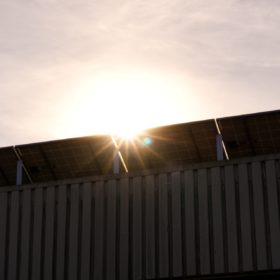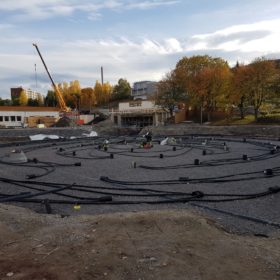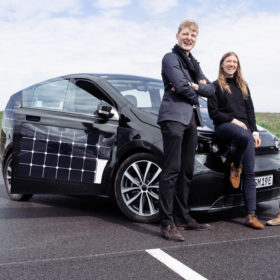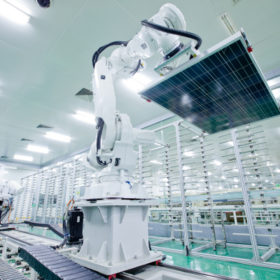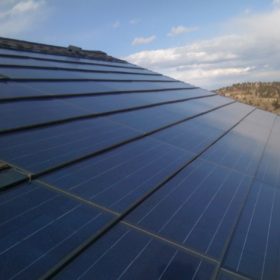European consortium bid to bring 25.4%-efficient heterojunction-IBC solar cell into mass production
The EU-funded Nextbase project aims to manufacture heterojunction, interdigitated back-contact solar modules for less than €0.275/W. Solar panels featuring the Nextbase cell tech are expected to have a conversion efficiency of 23.2%, according to the European Commission.
Covid-19 weekly round-up: Ups and downs from the US residential market and one Swedish city tries to attract Europe’s best and brightest
Industry body SolarPower Europe is trying to stay bullish about the lingering effects as the continent starts to come out of lockdown and one analyst has predicted a healthy large scale solar market will carry the US through the crisis.
Norway extends support for rooftop PV
The Norwegian government has decided to postpone the planned reduction of the Plusskundeordningen solar-rebate program, currently managed by the Norwegian Water Resources and Energy Directorate, until the end of this year.
Northvolt and aluminum company plot Norwegian EV recycling plant
The sustainable lithium-ion battery manufacturer wants to secure raw materials to recycle into its products and will tap one of the world’s most advanced electric vehicle markets for its end-of-life batteries.
Norway deployed 51 MW of solar in 2019
The figure took the nation to a cumulative 120 MW at the end of the year, according to figures published by Norwegian solar industry organization the Solenergiklyngen. Around 2 MW of the capacity added in 2019 came in the form of off-grid projects.
Borehole thermal energy storage for solar
The municipality of Drammen, Norway, has started testing a seasonal PV storage project that uses boreholes in the ground. The operators of the project are using electricity from PV modules to produce heat via a CO2 heat pump and outdoor air. The heat is produced by the CO2 pump during the spring, summer and fall, in addition to heat produced by solar thermal collectors.
Finnish solar manufacturer gets Lithuanian factory purchase over the line
Appetite may have been lacking among private investors – at a time when global stocks are tanking amid Covid-19 and global recession fears – but the eco-friendly new Finnish government, and neighboring administrations, have stepped in to fill the breach.
Renewables and geopolitics: Who will ‘win’ the energy transition?
The losers in a world which no longer runs on fossil fuels are obvious but the dividend from shrugging off hydrocarbon dependency will be spread around most of the world so it is the nations which are winning the cleantech manufacturing and intellectual property race which appear best positioned for the future.
Jinko joins Covid-19 fight
The module giant today announced it will donate a million items of personal protective equipment to the European and Asian countries currently battling the spread of the novel coronavirus.
BIPV relying on voltage source inverters for grid stabilization
According to a Norwegian group of researchers, the reactive power capability of three-phase voltage source inverters can help to reduce problems caused by the intermittent nature of solar power on distribution networks. The scientists claim they are preferable to expensive grid infrastructure such as under-load tap changing transformers, step voltage regulators, and fixed and switchable capacitors. The group has developed a system model featuring a 7.63 kW PV array module, a three-phase voltage source inverter with 9.5 kVA of capacity, a boost converter, a three-phase dynamic load, and a utility grid.
